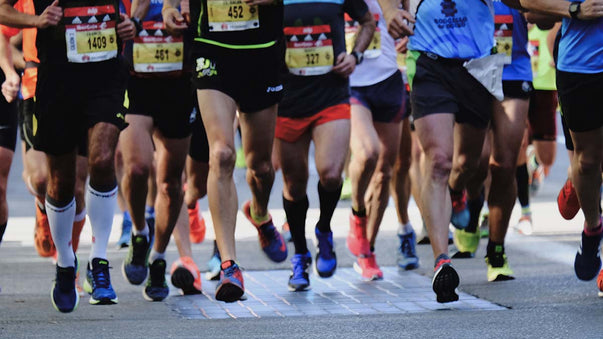Mind Over Back Pain

Physicians and scientists at Beth Israel Deaconess Medical Center have developed a 12-week mind-body program. It takes a new approach to chronic back pain, which is the leading cause of disability worldwide.
The experimental mind-body program is called “Psychophysiologic Symptom Relief Therapy” (PSRT). It is designed to address underlying stress factors and emotional issues related to chronic back pain. The last few weeks of the program focus on mindfulness-based stress reduction to provide the tools to better process current and future stress factors.
"The current paradigm of pain management focuses mostly on treatment of a physical origin of pain, however, in many cases of chronic back pain a physical source of pain cannot be identified," says physician Michael W. Donnino in a press release issued by Beth Israel Deaconess Medical Center. "Our group focused on the hypothesis that non-specific back pain is the symptomatic manifestation of a psychological process, substantively driven by stress, repressed emotions and other psychological processes. The exact mechanism remains unclear, but an analogy could be made to other known effects of acute emotional states on acute physiological changes, such as how the emotion of embarrassment may result in the capillary vasodilation we know as blushing."
A study is published in PAIN Reports. It reports that PSRT was highly beneficial for treating back pain when compared to standard care. 64% of research volunteers reported being 100% pain free six months later. 35 participants 18 to 67 years old, with chronic back pain that lacked a clear physical origin, participated in the study.
The difference between the participants treated with PSRT and the other patients was apparent, added Donnino. "When patients recognize the relationship between the mind and their physical pain, this orientation sheds new light and provides them a basis to engage with the multifaceted program that works interchangeably to improve pain and disability.” The results of the study add to a growing body of evidence that psychological factors may be associated with at least some forms of chronic back pain.
A related study was published in Electronics earlier this year. In it, Japanese researchers suggested that low back pain in the elderly is the result of poor “proprioception,” or the body's ability to perceive its own position in space. An illustration of proprioception is given by the fact that you are (probably) able to touch the tip of your nose with your eyes closed, starting from any position and without any effort. This is proprioception at work.
Poor proprioception in older people is caused, the researchers suggested, by a deterioration of sensory receptors called proprioceptors. The researchers demonstrated the possibility to manage low back pain by diagnosing and activating impaired proprioceptors with localized vibratory stimulations.
I am one of the millions of sufferers from chronic back pain. I consider this as one of the many unpleasant things that just happen, inevitably, when you are not 20 anymore. And I have learned to ignore the chronic pain and just go on with life.
I found that swimming and yoga help. And that is good enough for me.
But I guess the Japanese researchers must be right. Bad posture is not only a result of chronic back pain but often a cause. That, in turn, may be caused by age-related degradation of body awareness that could be managed by medicine.
More Articles
Don't miss a beat! In our Pulse Newsletter, Thrivous curates the most important news on health science and human enhancement, so you can stay informed without wasting time on hype and trivia. It's part of the free Thrivous newsletter. Subscribe now to receive email about human enhancement, nootropics, and geroprotectors, as well as company news and deals.
Read more articles at Thrivous, the human enhancement company. You can browse recent articles in Thrivous Views. See other Pulse Newsletter articles. Or check out an article below.
-
A Sense of Purpose Enhances Memory and Health
Researchers at Florida State University have found a link between an individual's sense of purpose and their ability to recall ...
-
Omega 3 Reduces Exercise-Induced Muscle Damage
Researchers have suggested that Omega 3 supplements may reduce exercise-induced muscle damage. This is due to the anti-inflammatory properties of ...


